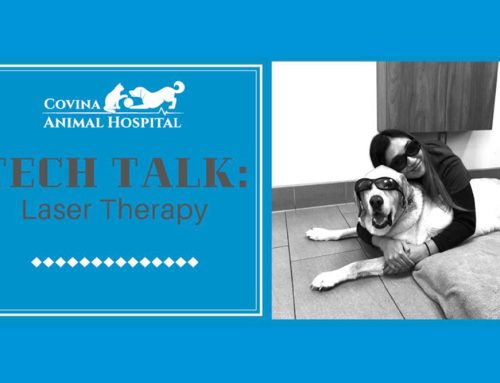Leptospirosis is a bacterial disease that can infect domestic animals, wildlife, and humans. This disease is zoonotic, meaning it is transmissible from animals to humans. There has been a significant rise in reported cases of dogs infected with Leptospirosis in LA County. Since April 2021, there have been over 120 confirmed cases reported. Historically, Leptospirosis has spread primarily in wildlife settings. However, this outbreak has been driven by dog-to-dog transmission in urban and suburban settings of LA County (kennels, dog parks, beaches, etc).
How is it spread?
Leptospirosis is spread through the urine of infected animals. Animals and humans become infected when they come into direct contact with contaminated water or soil. The bacteria can survive in water and soil for weeks to months, so infection can occur without ever coming in contact with the infected animal.
Who is at risk?
Dogs with any exposure to wildlife, whether it be hiking and camping or walking in your neighborhood, are at risk of coming into contact with contaminated urine. Dogs that frequent highly congregated areas are also at high risk. If your pet has any exposure to the following places, they are considered to be at high risk of contracting Leptospirosis.
- Grooming facilities
- Boarding facilities
- Dog day care
- Hiking trails
- Dog shows or events
- Parks
- Beaches
What are the signs?
Symptoms are variable and can range from severe to none at all. Signs of Leptospirosis infection in pets is commonly associated with liver and kidney damage, which will include any of the following:
- Fever
- Lethargy
- Jaundice
- Vomiting or Diarrhea
- Decreased appetite
- Decreased energy
How is it prevented?
The best form of protection against the virus is vaccination. The Leptospirosis vaccine provides safe, effective protection against multiple strains of the disease and will help decrease symptoms and spread of the disease.
If they are getting vaccinated for the first time, your pet will need a series of two injections given three weeks apart. After the appropriate boosters, the Leptospirosis vaccine must be given annually to maintain protection.
For more information, visit http://www.publichealth.lacounty.gov/vet/Leptospirosis.htm









Leave A Comment